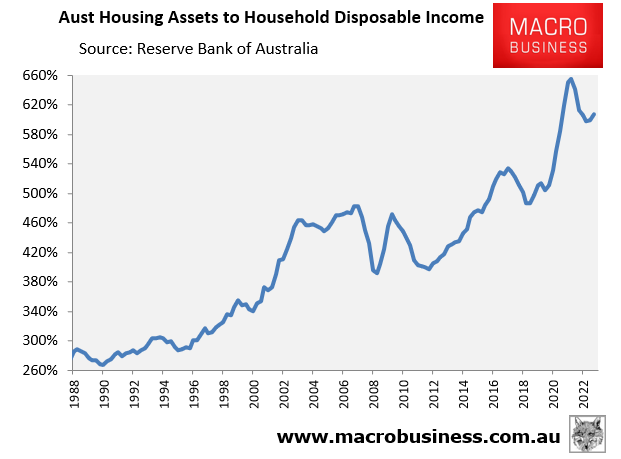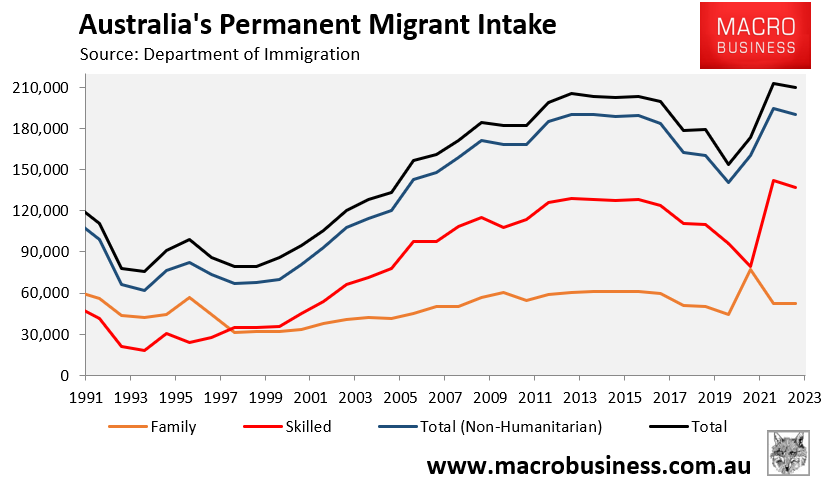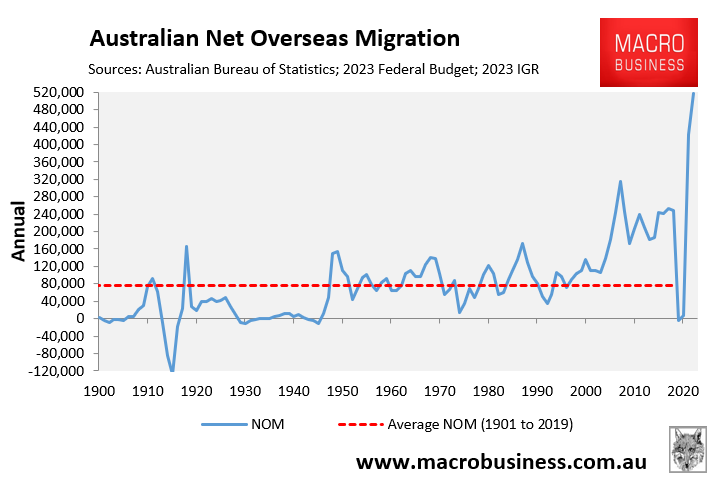
Was this why Australia was part of the 2003 Iraq War?
Prime Minister Anthony Albanese has called for an inquiry into the missing documentation related to Australia’s participation in the Iraq War of 2003. He should be applauded.
Australia took part in that invasion after then Prime Minister John Howard was in the United States when Al Qaeda hijacked and flew two airliners into the World Trade Centre in New York on September 11, 2001. There was considerable sympathy for the United States in the wake of a tragedy which killed 3000, but almost from the get go there were questions about who was being invaded and why.
These included ‘why Iraq?’ when the Baathist government of Saddam Hussein openly despised Bin Laden’s Al Qaeda. When the messaging of the day turned from terrorism to the possibility there were Weapons of Mass destruction somewhere in Iraq, being ‘seen through the prism’ of the S11 attack, credulity was stretched. Thousands of Australians took part in protest marches which the then government ignored. Then ALP Leader Simon Crean condemned Australia’s participation in the war. No WMD’s were ever found.
The very idea that Australia joined the war on the basis of then PM John Howard’s ‘oral reports’ and without a formal Cabinet Submission defies credulity again. That Albanese has tapped Dennis Richardson to quickly find out why the Morrison Government didn’t hand over roughly 80 pages of documentation about Australia’s involvement could help broaden public awareness into how and why some big decisions are made. His quick response to news that the Morrison Government may not have handed over the required documentation to the National Archives offers hope that Australians may get more explanation of why we were in that war.
So thanks to PM Albanese, and an ALP government which has allowed public doubts about its substance to mount, for reading the electorate. But if we start thinking in terms of ‘right to know’ some more issues could become far more fertile fields for discussion.
The response to the onset of the Global Financial Crisis in 2008 is often considered the hook upon which the hat of Australian Treasury is hung. Underpinned by Ken Henry’s sentiment of ‘Go early, go hard, go houses’ Australia avoided a recession the rest of the world wore like a punch in the face, with two stimulus packages aimed at consumption and infrastructure, and the RBA unveiling 100 basis point rate cuts.
But as seen from 2024 it was also a massive refueling of house prices – which have since trebled – and with the period since marked by incomes stagnation. The housing price surge and the incomes stagnation is the basis of what Australia now knows as a ‘cost of living crisis’ and the housing affordability crisis.

A little bit of who knew what and when, would be front and square on the ‘right to know’ plate of the Australian public.
Likewise, a ‘right to know’ could come in handy when it comes to an awful lot of decision making about Australia’s response to Covid. In March 2020 the then Morrison Government began unveiling economic stimulus measures which amounted to more than $500 billion. That included JobKeeper and JobSeeker, measures to access Superannuation, depreciation offsets for businesses large and small, changes to insolvency laws and bank loan deferrals. As in 2008 those measures meant that the economic consequences for those in Australia were minimized.

But big questions still remain about that outlay and the longer term effects. The Government response was at the time questioned for its generosity to smaller business, and the way it tied ordinary Australians to their employers.

Despite promises to have a full investigation into Australia’s Covid response the public is still waiting for some big answers. Why didn’t Australia fly ‘stranded Australians’ home? How much of the largesse made available to business ended up in housing speculation or investment funds which made a killing? Why weren’t big businesses who posted massive profits and laid off staff during the period ever asked to hand some of the money back? What were the factors in when Australia made vaccination almost mandatory and what vaccines were available? What have been the longer term effects? Some ‘right to know’ there would do a lot for credibility of Government per se.
Beyond those specific events and government responses there are recurring mysteries of government policy which could do with an Australian public’s ‘right to know.’

In the 25 years to 2005 Australia’s Net Overseas Migration numbers averaged roughly 75 thousand people per year. In the 15 years after that it averaged roughly 210 thousand – without either side of mainstream politics having much to say about it, and certainly without any public discussion of what was in play. In the year since the end of Covid Australia has taken more than 500 thousand people. What have been the considered implications of that? What has Cabinet discussed? Have they known how this would affect housing demand? What exactly are the ‘skills shortages’ Australia has, and how else could they be addressed?

Some ‘right to know’ would be appreciated by a majority of Australians on that score.
Even more ‘right to know’ would be handy when it comes to Australian energy costs, Australian Free Trade commitments, and what, if any, are government plans for longer term economic development.
It would also be useful on Australian population growth, particularly the placement of that increased population, and the implications this has for Australian climate change response and water consumption.
So, props to the government for clearly stating that it recognizes the public has a ‘right to know’ on one issue.
How about expanding the concept to a load more issues central to the lived experience of Australians today? Doing so may do a lot to restore the trust in government figures which have been taking a hammering for a generation.